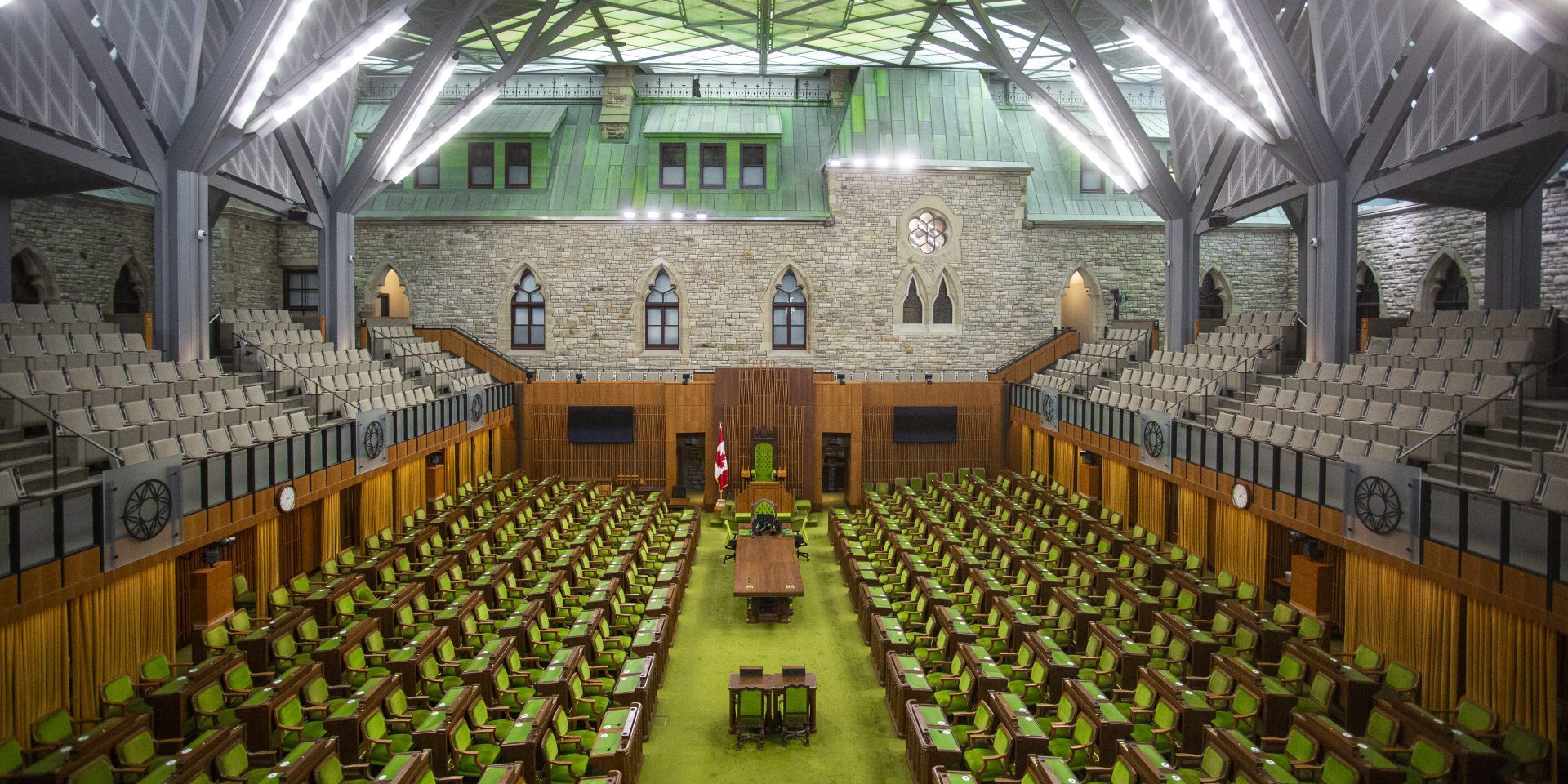Why are Canadian political leaders so complacent about our poor performance on women’s representation in politics?

Why have otherwise ambitious Canadian political leaders been so complacent about our poor performance when it comes to women’s representation in politics?
Yes, we’ve witnessed impactful women performing at every level of government, from then-Mississauga, Ont., mayor Hazel McCallion to then-Alberta premier Rachel Notley to a raft of impressive federal cabinet ministers in both major parties. But from a sheer numbers perspective, Canada is not even close to the most equitable nations.
Although Canada ranked in the top 30 for the percentage of women in Parliament at the start of the millennium, we’ve since dropped to 71st place in the world, in league with Latvia and Zimbabwe, not Iceland and Australia.
Recent polling conducted by Abacus Data shows Canadians aren’t happy about it. Four in five Canadians are surprised or disappointed to learn how poorly we rate compared to other nations.
In fact, a significant majority (86 per cent) across party lines believe equal representation of men and women at all levels of government is important. This is consistent with the response in 2022 when the question was first asked.

Most Canadians (84 per cent) see gender parity as a way to achieve policies that better reflect the realities and needs of the broader population. The same proportion believe balancing power between men and women also increases respect in political dialogue.
Research in other jurisdictions bears out those perceptions, and provides evidence for the policy benefits that result when women play a larger role in governing. For example, a study looking at African countries found that more women in power resulted in greater investment in public health. A separate long-term analysis of 100 countries found that a greater proportion of women in office translated into greater consumption of renewable energy.
Meanwhile, a review of governor effectiveness in the United States reveals that women were 20 per cent more likely than their male counterparts to pass their proposed legislation. In Congress, data show women sponsor and co-sponsor many more bills, and are more successful at securing funds for their districts.
As—or more—importantly, voter trust in institutions increases when power is more balanced. An international study that assessed attitudes towards the state of democracy in 35 countries found that in places with higher proportions of women in Parliament, citizens were more likely to feel confident that elections reflected their views.
In fact, recognizing these benefits, more than 130 countries around the world have implemented electoral reform or party rules to ensure that women are included as candidates or representatives. Canada’s failure to do so poses a continuing and growing risk capable of undermining public trust.
Interestingly, recent research has found that even when gender parity is achieved through legally imposed quotas, people still see governments that benefit from the talents and contributions of both men and women as more legitimate than those dominated primarily by men.
Last fall, when Americans once again rejected an intelligent, experienced, competent woman in favour of a convicted felon with a deeply compromised relationship to the truth, it was hard not to wonder: is Canada’s willingness to tolerate women holding fewer than a third of the seats because we’re adjacent to the U.S., which, at 78th in the world, does even worse?
Consider Mexico, where women hold half of the seats. It rewrote its constitution to acknowledge that in a democracy, women were entitled to parity. Similarly, Iceland introduced mandatory gender quotas and today women in its parliament exert equal legislature power by virtue of occupying 46 per cent of seats.
So, it’s fair to wonder: if Canada were bordered by these countries, instead of the U.S., would we be more likely to insist that our political parties and governments put in place measures to ensure women hold the balance of power?
Canadians keen to see systemic, rather than incremental, change might urge their federal representatives to act now. Dozens of other countries have demonstrated a variety of paths to parity, and with sufficient encouragement, Canadian political parties could make a lot of progress before the next election.
Shari Graydon is the catalyst of Informed Perspectives, which has been leading Balance the Power, a collaborative advocacy initiative since 2022.
The Hill Times





 LICENSING
LICENSING PODCAST
PODCAST ALERTS
ALERTS


